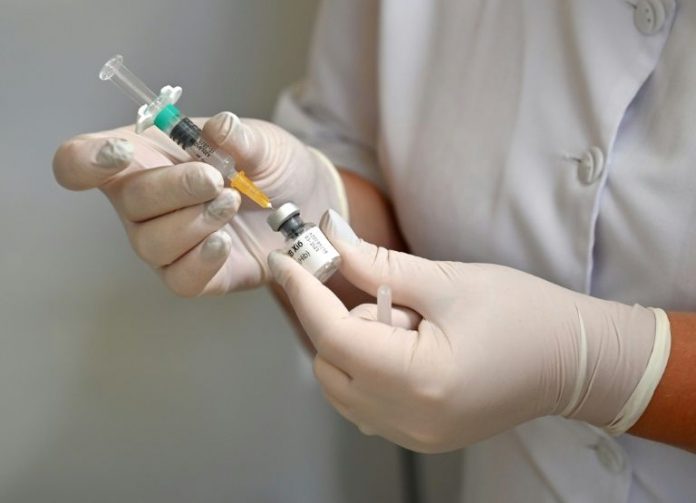
Cervical cancer could be eliminated through a combination of upgraded screenings and vaccinations for children, NHS experts say.
The health service has completed its rollout of a new screening method which sees cervical samples first checked for the human papillomavirus (HPV).
HPV causes almost all cases of cervical cancer and can also cause cancers in other genital areas, such as the vagina, vulva, penis and anus.
HPV is a common infection spread through close skin-to-skin contact, usually during sex or oral sex.
Until now, cervical screening samples have been examined and those that showed possible cell changes were then tested for HPV.
But this has now being switched around, with cells first tested for HPV infection, and only those that have the virus examined for abnormal cells.
This means any sign of infection can be spotted at an earlier stage before cancer goes on to develop.
Research has also shown the new method picks up far more cases of pre-cancerous lesions than the old one.
There are 2,500 new cases of cervical cancer in England every year.
A quarter of these could be prevented with the new method of testing.
Alongside the new screening, all 12- and 13-year-olds in school years eight are offered a vaccine to protect against HPV.
Currently, the national NHS HPV vaccination programme uses the vaccine Gardasil, which protects against four types of HPV that cause most cases of cancer.
Last year, researchers said cervical cancer could be effectively eliminated in most countries around the world by the end of the 21st century thanks to the jab and improved screening.































